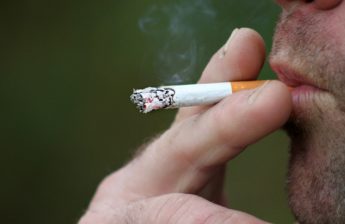Mass testing in the Republic of South Korea (RSK) was one of the Critical Success Factors (CSF) in the RSK’s Covid-19 endgame. The numbers currently translate to one test per 100 people.
With lessons learnt from MERS in 2015 (38 deaths), the RSK’s Ministry of Health established a policy for rapid evaluation and distribution of diagnostics for infectious diseases.
Two weeks after China released the genome of Covid-19, a testing kit had been developed by a Korean company which received emergency government approval. Four Korean companies now produce and distribute testing kits and export to 106 countries.
Testing in that country is more accessible than anywhere in the world. Many infected patients have been found to be asymptomatic (40%).
Having the option of getting tested has added to a greater sense of safety and public trust in the RSK’s response.
The Ministry of Health has 612 testing centers and 62 drive-through centers. There is also a walk-through clinic at the airport for visitors to get tested.
Anyone in South Korea wishing to get tested for Covid-19 is able to do so. If this is not mass testing, I am not sure what is.
Testing is free for those with respiratory symptoms or those with a doctor’s referral, otherwise it will cost RM560.00. Tests results are available within six hours.
The RSK government’s approach has generated strong public trust in the system.
During a recent daily press briefing, The Star reported the question “If we were to do mass screening for the whole country, on 32 million people, is it feasible or not?” was raised.
The argument of testing 32 million Malaysians is juvenile. Basic concepts of statistics and epidemiology is amiss, I might add.
The idea is to test enough to arrive at positive as low as it is possible suggesting we have captured the true burden of Covid-19 in the community.
Currently:
Malaysia is 4.8% (3,700 per million)
RSK is 1.9% (11,200 per million)
Australia 1.5% (16,900 per million)
The lower the percentage of positive tests, the better it is.
The Ministry of Health (KKM) cannot be satisfied nor complacent sitting at 4.8%, especially with a population of 6.7 million migrant workers (Department Of Statistics 2019) and 175,000 refugees in our backyard. The former is the cause of the massive Dormitory Cluster in Singapore.
Because we are not widely testing, we always end up playing catch-up. The latest being the refugee cluster at the wholesale market in Selayang.
We need to be ahead of the game and nip the contagion in the bud.
- This is the personal opinion of the writer or publication and does not necessarily represent the views of CodeBlue.







